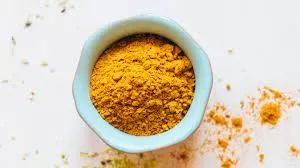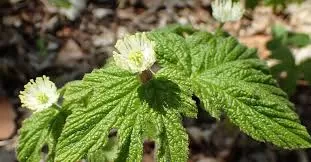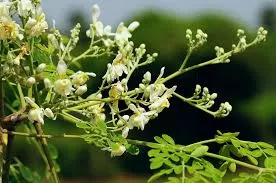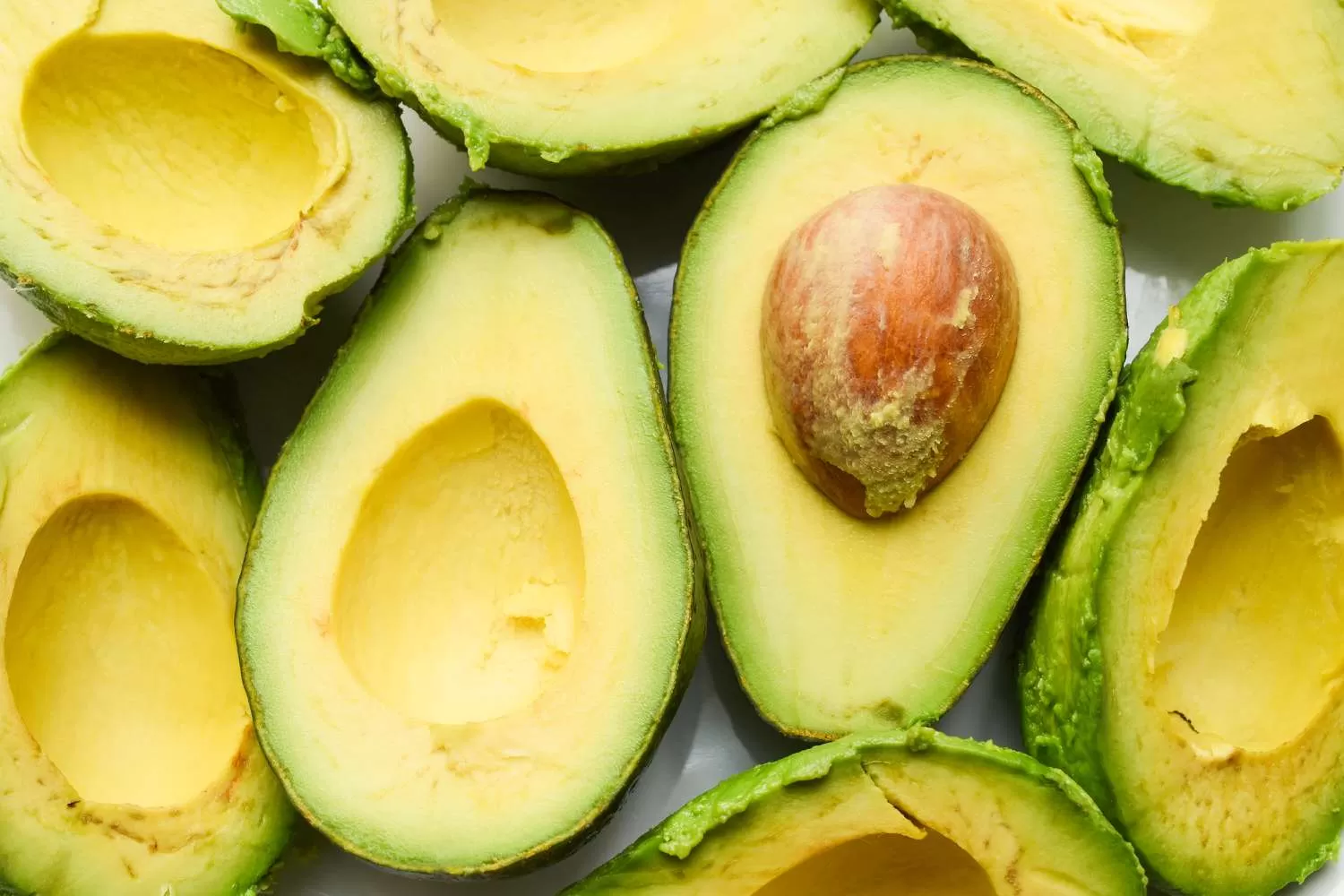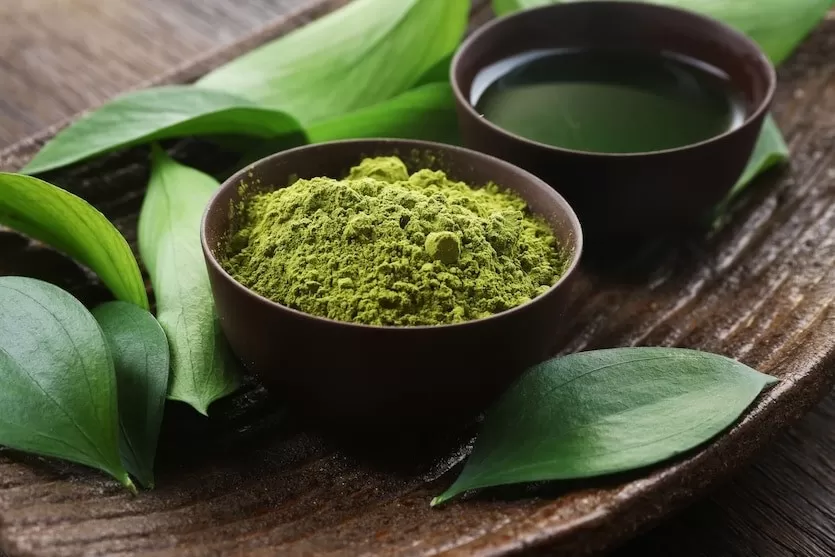- 0086-571-85302990
- sales@greenskybio.com
Boswellia Serrata: History and Health Benefits
2025-06-24
Boswellia serrata, widely known as Indian frankincense, has been a cornerstone of traditional medicine such as Ayurveda and Unani Medicine for over 3,000 years. Revered for its ability to address inflammation, pain, arthritis, respiratory ailments, and digestive issues, it is a testament to the enduring healing power of natural remedies. Once a highly sought-after commodity by ancient civilizations including the Greeks and Romans, Boswellia resin was traded along the historic Silk Road, celebrated for its aromatic qualities and therapeutic benefits.
At the heart of Boswellia's efficacy are its boswellic acids, primarily AKBA and KBA, known for their potent anti-inflammatory, anti-arthritic, and analgesic properties. In addition, compounds like terpenoids and polysaccharides enhance its medicinal effects. These properties make Boswellia serrata an effective tool in managing chronic inflammatory conditions such as osteoarthritis, rheumatoid arthritis, and inflammatory bowel disease (IBD), as well as supporting respiratory, brain, and digestive health through inflammation reduction and gut healing.
Traditionally harvested as a resin, Boswellia now reaches consumers in versatile formulations including capsules, tablets, creams, teas, essential oils, and tinctures. Its consumption has been creatively integrated into modern diets through recipes such as lattes, smoothies, and energy bites. Known in India as "shallaki" or "salai guggal" and as "luban" in the Arabic-speaking world, the resin carries a fragrant, citrusy aroma and a mildly bitter taste that has been cherished for millennia.
The legacy of Boswellia's healing powers is illustrated by stories like that of Ramesh, an elderly man from Rajasthan, who found relief from chronic knee pain through a simple paste made from Boswellia resin and turmeric. Such anecdotes underscore the deep-rooted reliance on this natural healer across generations.
The plant thrives in the arid, rocky terrains of India, Pakistan, and the Middle East, symbolizing its resilience and the robust healing it offers through its phytonutrients. These include boswellic acids known for inhibiting pro-inflammatory enzymes and promoting joint health without the side effects linked to conventional medications.
Boswellia’s reach extends beyond inflammation itself; it is also valued for promoting respiratory health, easing conditions like asthma and bronchitis by reducing airway inflammation. Furthermore, research hints at its potential protective effects against neurodegenerative diseases such as Alzheimer’s, thanks to its ability to mitigate oxidative stress and brain inflammation.
Its traditional harvesting involves making incisions in its bark to extract sap that hardens into a gum-like resin. This resin can then be processed into various forms amenable to contemporary wellness and dietary practices. In culinary applications, Boswellia complements dishes with its unique flavor, from golden lattes to herbal teas, and enhances meals with its health-promoting qualities.
Boswellia serrata remains a powerful representation of nature's resilience and healing potential. Whether alleviating pain, bolstering respiratory health, or protecting against chronic diseases, it stands as a beacon of the harmonious blend between natural remedies and modern health solutions.
-
Goldenseal: A Historic Herbal Remedy at Risk
2025-06-24






